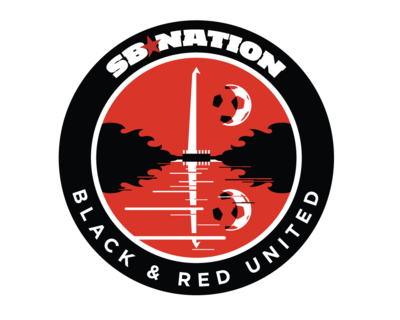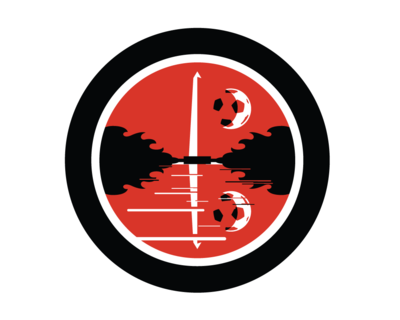Major League Soccer has a troubling penchant for getting sponsors that take economic advantage of people. For a league that likes to portray itself as young and forward-thinking, the totality of these sponsorships should be warning signs for fans of the league.
In July, the league announced that DraftKings, a daily fantasy sports website, was partnering with MLS to become their "exclusive daily fantasy sports destination." Controversy has exploded over DraftKings and its main competitor, FanDuel, in recent weeks for a variety of reasons. Most notoriously, there have been accusations of employees using insider information to make thousands of dollars, and the New York Times came out with a new expose yesterday. And, last night, the Nevada Gaming Control Board banned the sites from their state.
If it were standard gambling, where you have some to total control over against whom you play, it might be different. Almost all of the prize money goes to a "tiny elite" who make it their full-time job and have automated tools to make sure that they can enter hundreds of games on each site at the same time; overall, 1% of the players win over 90% of the money. The Washington Post puts it best:
But in daily fantasy sports, any player of any skill level can play any game — and, often, the best bettors play in bulk, betting on hundreds of matches at the same time. If you're a newbie, there's a very high chance you'll play against the best on the site, and that they may wipe you out.
At a casino, you can sit at a low-stakes poker table for a couple hours, face off against people of probably equal skill, and have fun doing so. It is highly unlikely that someone from the final table of the World Series of Poker is going to sit down and proceed to wipe you all out. In daily fantasy sports, Daniel Negreanu is in every game.
That sponsorship by itself might just be something at which we rolled our eyes and then just moved on. However, MLS has other sponsors as well: Three of the league's teams are sponsored by multi-level marketing companies. Multi-level marketing is a business model where a company's sales force is almost entirely independent contractors, and they are paid for their sales as well as for recruiting new salespeople to the company. If you've been on Facebook in the past couple of years, you almost definitely have a friend who has tried to recruit you into one of these companies.
Famous examples include Mary Kay, Scentsy, and three of Major League Soccer's team and league sponsors: Herbalife, Advocare, and Lifevantage. Multi-level marketing companies are not necessarily intrinsically problematic, but their operations allow for economic exploitation of their contractors and can sometimes devolve into pyramid schemes. These kinds of operations are especially prevalent and enticing in our current economy: The siren call of being able to make extra money on the side while working for yourself is very tempting.
The most famous multi-level marketing company in MLS is the jersey sponsor of the LA Galaxy: Herbalife. Herbalife sells nutritional supplements, energy drinks, and other weight-loss and sporting products. Bill Ackman, a billionaire hedge fund manager, placed a $1 billion hedge against the company, alleging that it is an illegal pyramid scheme. In his analysis, he found that 83% of Herbalife's contractors earn less than $303 a year, and a full 49% earn less than $1 per year; all of this is after purchasing thousands of dollars of start-up supplies and products. He also alleges that Herbalife contractors earn 10 times as much for recruiting new people into becoming Herbalife contractors than they do for selling Herbalife's products.
According to the Federal Trade Commission, who has recently filed suit against Herbalife competitor Vemma, "If the money you make is based on your sales to the public, it may be a legitimate multilevel marketing plan. If the money you make is based on the number of people you recruit and your sales to them, it’s not. It's a pyramid scheme." Now, obviously Ackman is trying to make money by shorting Herbalife, so he is not an impartial figure; however, a $1 billion hedge is a big bet to place unless you really think you're right.
Advocare, the presenting sponsor of FC Dallas and an MLS sponsor as well, is another multi-level marketing company that produces nutritional products primarily aimed at athletes and the athletically inclined. Lifevantage, yet another multi-level marketing company, is the jersey sponsor of Real Salt Lake (as was Xango, the previous jersey sponsor of RSL). Both of them follow the same business model as Herbalife, but have gained less notoriety: upfront initial investment, and then profits only going to the minuscule top tier.
If any one of these companies were a sponsor of Major League Soccer, we would look askance at it (as many have with Herbalife over the years), but then put it from our minds. However, all of these companies follow the same business model: an initial investment from a large number of people, with the notable payouts that are advertised and everything but promised only going to 1% of the participants. MLS should look at fixing their relationships with these companies before one of them explodes in their face.







